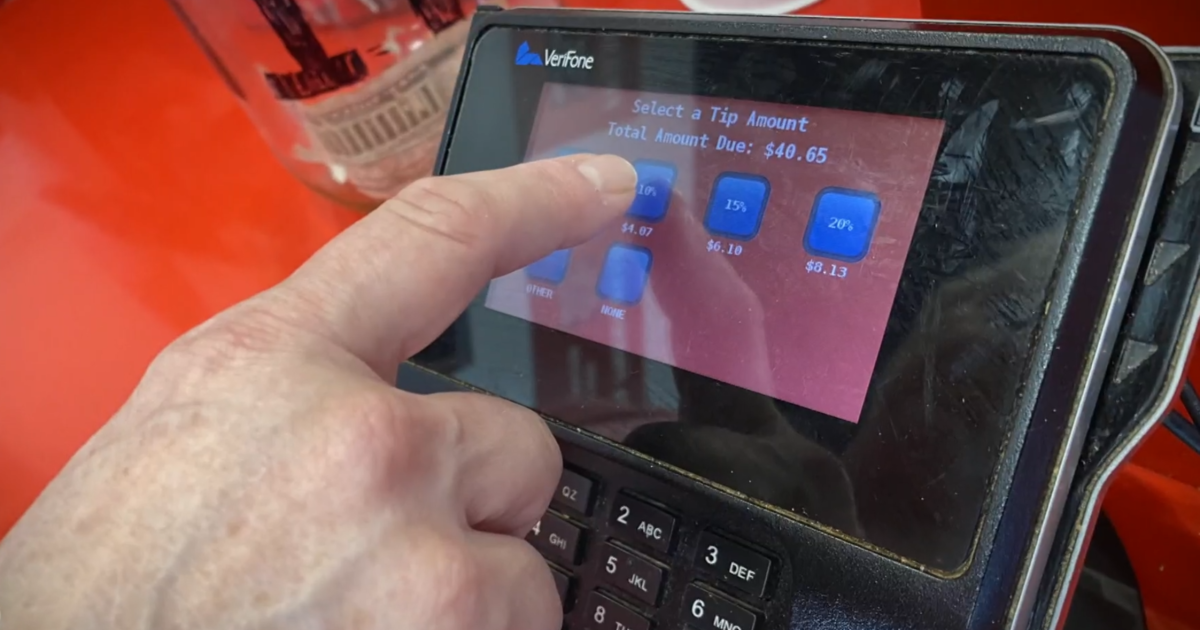Summary
Tipping in America has expanded into unexpected areas, with 72% of Americans saying it is expected in more places than five years ago, according to Pew Research.
While tipping can release feel-good neurotransmitters, a Bankrate survey found two-thirds of Americans now view it negatively, and one-third feel it’s “out of control.”
Critics highlight issues like social pressure and wage inequality, while businesses attempting no-tipping models, like a New York wine bar, have struggled to sustain them.
Many believe tipping culture has become excessive, with calls for reform growing.



No no no. The burden of proof is on you to show that people are actually tipping more. The article said that people reported seeing prompts to tip in a lot more places and many people have said tipping is out of control but no where did it give any data to show that people are tipping more.
I personally don’t tip in any of the new tipping situations. I don’t tip at retail checkouts or restaurant takeouts. I still tip when it’s sit down service and the server is nice, attentive, and punctual (and more if they’re really friendly).
I have heard from the “tipping is out of control” crowd in my local restaurant discussion group and some of these folks have reacted so negatively that they swore to never tip again. I have no way of tracking these people to see if they keep their promise and I kind of doubt they would refuse to tip a really nice server at a sit down restaurant. However, I would be really surprised if these folks were actually tipping more than they used to before all the tipping prompts showed up on credit card terminals.
I see. So I can understand your original reply as something in the neighborhood of “I don’t believe that people are tipping more”? rather than a denial of Nudge theory?
Indeed, I don’t have evidence. Let me withdraw any claim that people are tipping more, not only because I can’t support it with data, but also because that’s irrelevant to my point.
Nudge Theory is about nudging people by changing the choice of least resistance. The dark side of that is presenting people with an option to tip in a situation where they can be judged for refusing. Whether they actually tip more or not, this is literally taxing on the nervous system and is just another way of using bugs in the human brain against humans. It is presenting another resentment-stirring obstacle in their path.
In addition, and somewhat beside the point, I’d be shocked if people weren’t actually tipping in those situations. Worse, and more troubling, I’d be shocked if they weren’t consequently tipping less to wait staff who truly need it and were being tipped more before this trend started happening. I have no evidence, but I see a clear and plausible mechanism.
That’s it.
Two different people
I’m the one who said nudge theory is bs because studies show the theory isn’t valid.
The other person, who was right, points out that you can’t use unrelated circumstantial data to back up your point
Serves me right for replying before I was entirely awake. I didn’t notice that that wasn’t you.